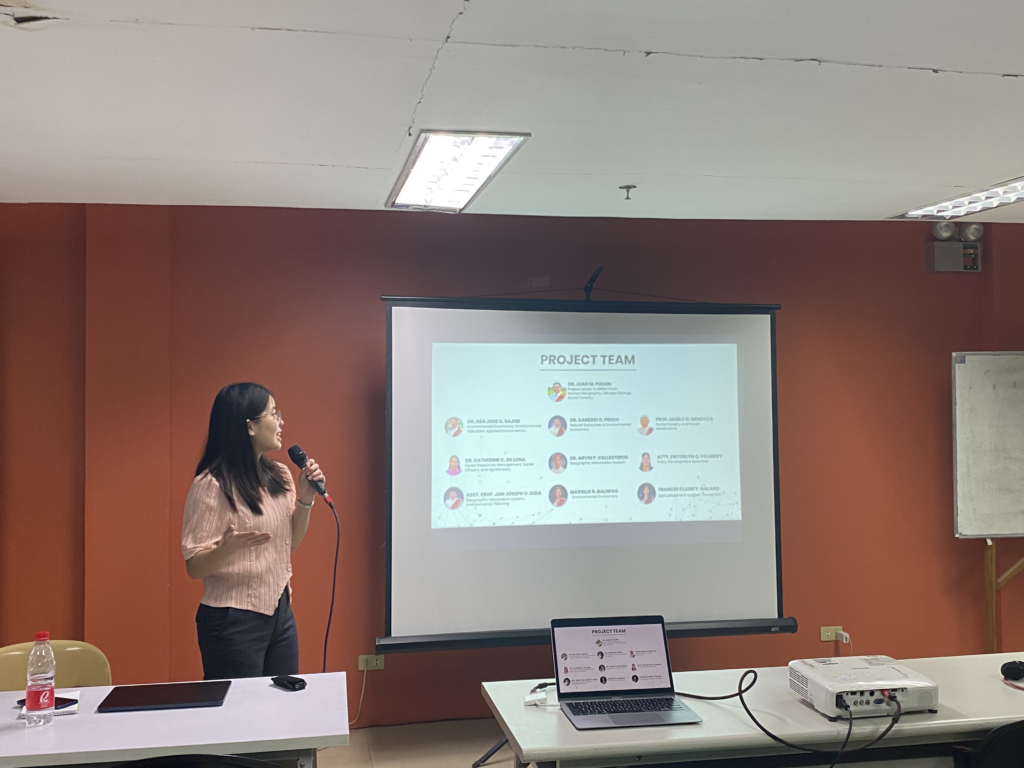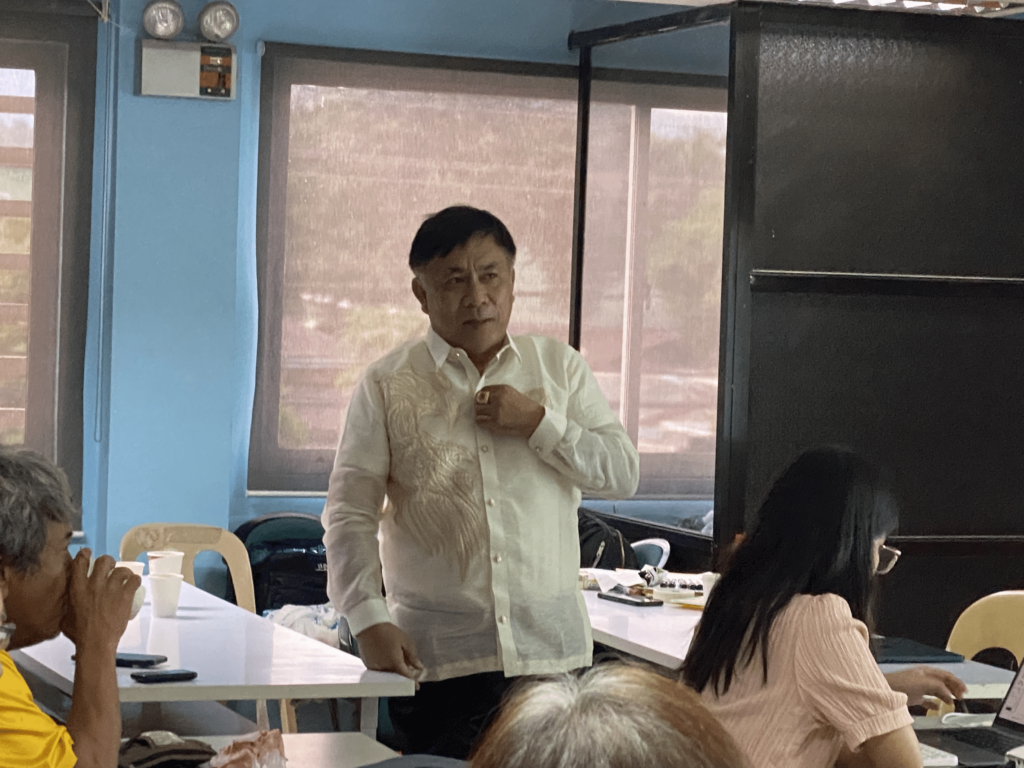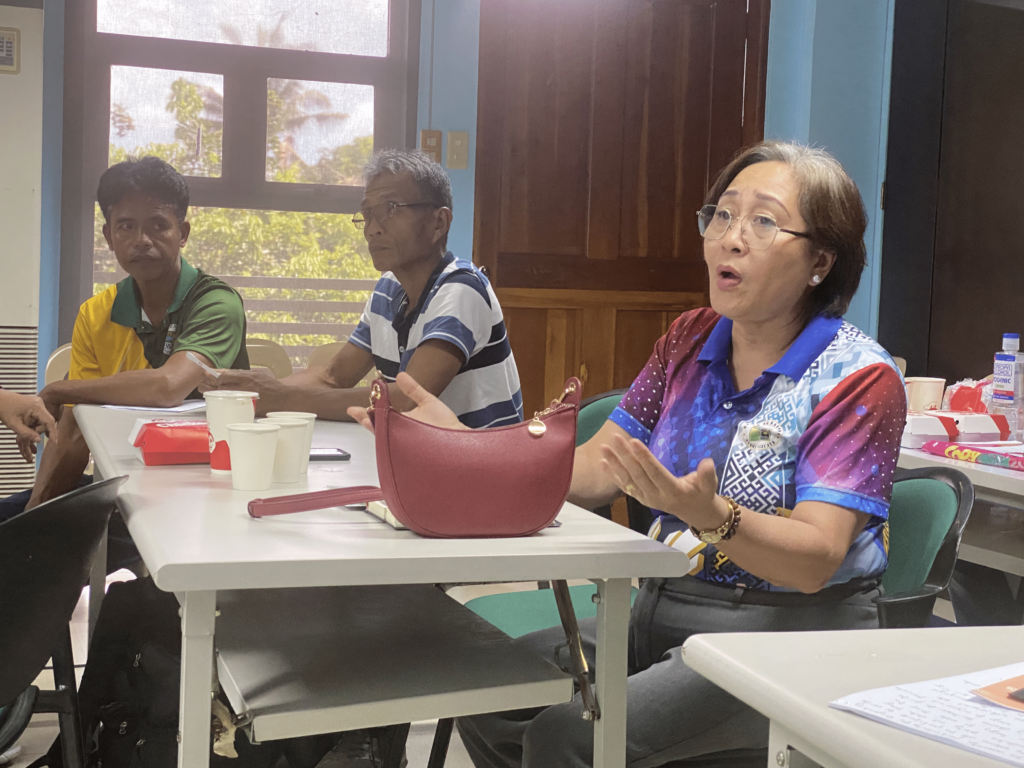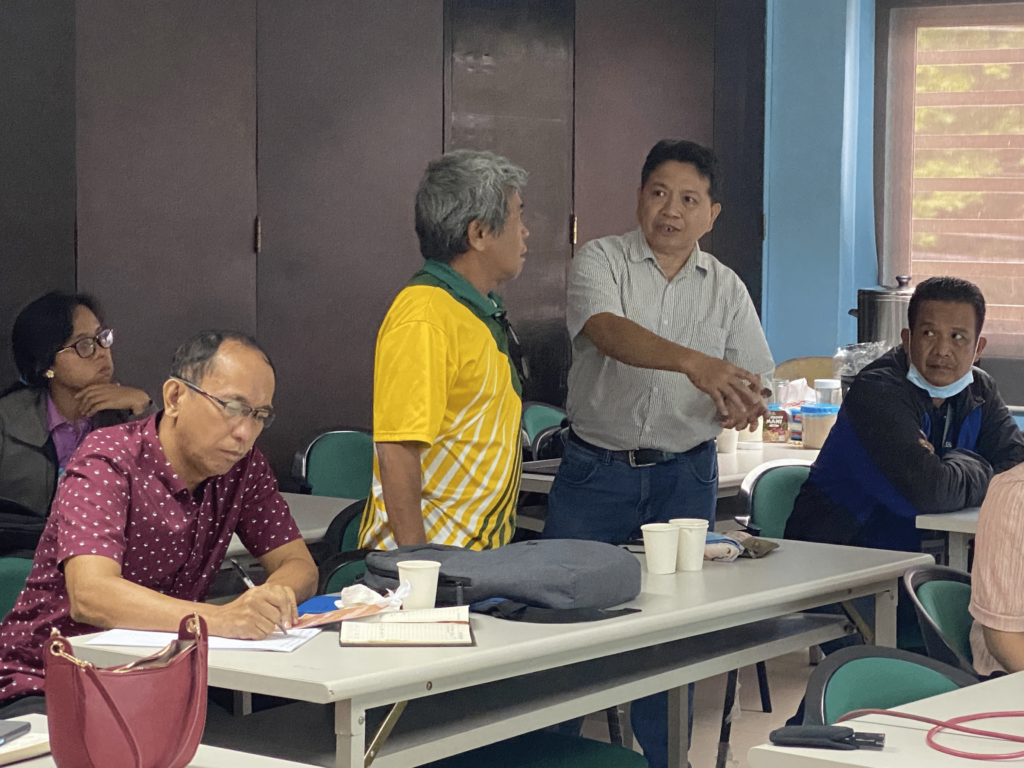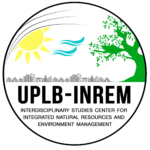The University of the Philippines Los Baños Interdisciplinary Studies Center for Integrated Natural Resources and Environment Management (UPLB-INREM) collaborated with stakeholders in the Barobbob Watershed in Nueva Vizcaya, Philippines, as part of the DOST PCAARRD-funded project “Research for Development: Payment for Ecosystem Services Outcome for Sustainable Water Provision (R4D: PESO SWaP).” On September 28, 2023, a workshop was held at the Pasalubong Center in Bayombong, Nueva Vizcaya, to facilitate discussions with the project’s technical working group (TWG). The primary objective of this workshop was to gather insights for the development of a Payment for Water Ecosystem Services (PWES) agreement and corresponding ordinance.
Dr. Asa Jose Sajise and Dr. Canesio Predo, esteemed members of the R4D: PESO SWaP project team, spearheaded the workshop and engaged in productive discussions with TWG members. During the session, the TWG identified key stakeholders within the Barobbob watershed, categorizing them into users, providers, and intermediaries, subsequently delving into their respective roles and contributions.
Furthermore, the workshop generated a plethora of innovative ideas for programs and projects designed to support the implementation of PWES. Recommendations for providers encompassed initiatives like Comprehensive Forest Management rehabilitation, the installation of water tanks or small impoundments using National Irrigation Administration (NIA) technology, the promotion of organic product marketing, and the creation of alternative livelihood opportunities for upland farmers. In the context of water users in the Barobbob Watershed, the TWG members proposed awareness campaigns tailored to the needs of these stakeholders. For intermediaries operating within the watershed, the suggestions spanned from conducting geological assessments to enhance the watershed’s ecological, aesthetic, and productivity aspects to advocating for improvements in the Provincial Waterworks System’s (PWWS’) structure through a proposed ordinance.
Dr. Sajise and Dr. Predo underscored the pivotal role of these workshop deliberations in shaping a watershed management plan firmly centered around PWES for the Barobbob Watershed. Dr. Predo expressed, “The outcomes of this activity will serve as a foundational framework for crafting the PES agreement to be presented during our next engagement. It is imperative that the inputs for this agreement come from the stakeholders, and the resultant agreement should be a consensus among them.”
The workshop brought to light the need for several activities and research efforts in the Barobbob Watershed before the PWES mechanism can be finalized. Dr. Sajise remarked, “At this juncture, there remains a significant amount of work to be undertaken, with the institutional landscape being a key aspect. We will attempt to propose a recommended PWES mechanism based on the discussions during this workshop.”
To conclude the workshop, Mr. Florante S. Gerdan, a member of the Sangguniang Panlalawigan – Committee on Environment, acknowledged the prevailing challenges within the Barobbob Watershed. He stressed that the stakeholders harbor deep concerns about these issues and are keen to collaborate proactively to address them.
As part of the R4D: PESO SWaP project’s ongoing implementation, another workshop is scheduled for October to continue discussions concerning the institutionalization of PWES. This phase will encompass consultations pertaining to a comprehensive management plan, local ordinance, and a robust monitoring and evaluation (M&E) framework.
